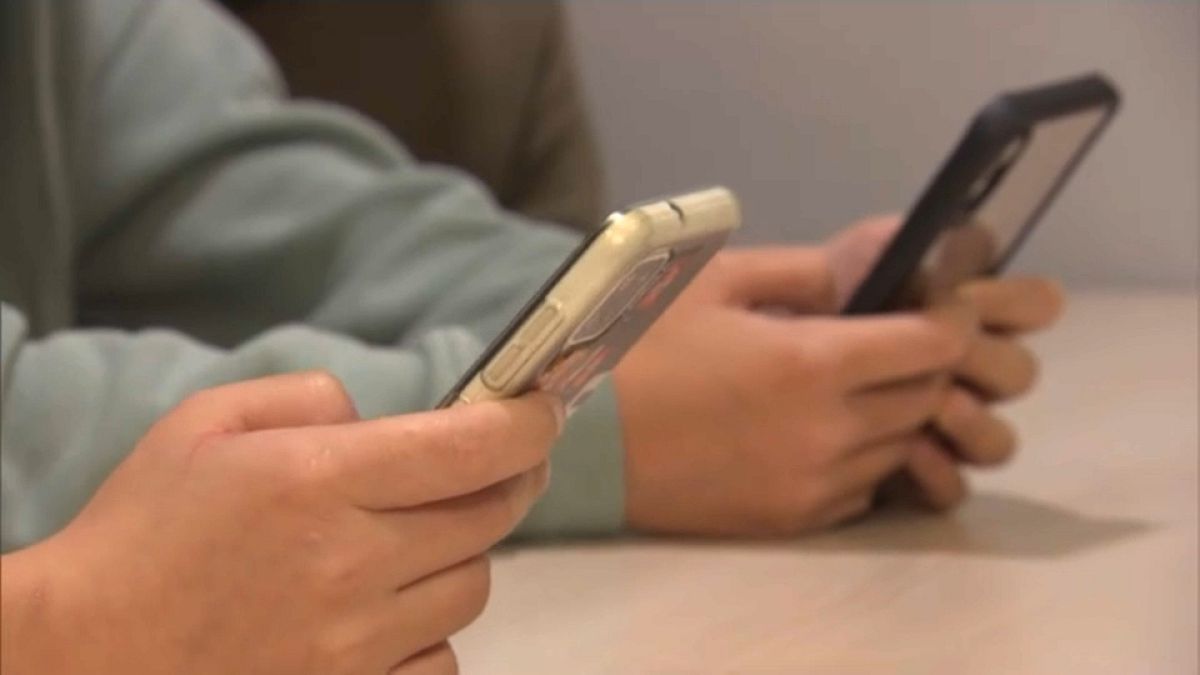In Budapest, thousands of protesters took to the streets in support of Csaba Mészáros, the headmaster of Madách Imre High School, who was forced to resign after refusing to implement a smartphone ban mandated by the government. The protesters believed that the director was dismissed for political reasons rather than professional ones. The current legislation had not even come into effect at the time of his dismissal, leading many to believe that the government’s actions were meant to set an example of what happens to those who do not comply with their rules.
While Hungary is not the first European country to implement a ban on smartphones in schools, the Netherlands has also recently enacted a ban for primary and secondary school students. In Denmark, Prime Minister Mette Frederiksen is advocating for limited smartphone use in schools, with several schools already implementing bans during lessons. France has also taken steps towards banning smartphones, with 200 middle schools experimenting with the policy. Greece will be implementing a ban on phones in schools starting this academic year, with students required to keep their phones in their bags during lesson hours.
Italy has recently announced a ban on smartphones in all classrooms for primary and secondary schools, while more and more schools in Croatia are also implementing bans on mobile phone use during lesson time and breaks between classes. These bans are often meant to improve mental health and student relationships, as well as to reduce distractions during class time. While some students may not agree with the bans, many teachers support them as a way to create a more focused learning environment.
Protesters and supporters of Csaba Mészáros in Budapest believed that the headmaster’s dismissal for refusing to implement a smartphone ban was politically motivated. Despite the ban not yet being in effect at the time of his resignation, the government wanted to send a message to others who might not follow their rules. The protest highlighted the ongoing debate around smartphone bans in European schools and the belief that schools should have autonomy in how they implement such policies.
Countries like the Netherlands, Denmark, France, Greece, Italy, and Croatia have all taken steps towards banning smartphones in schools in an effort to create more focused and healthy learning environments. While some students may not agree with the bans, many teachers support them to reduce distractions and improve student-teacher relationships. The ongoing debate around smartphone bans in schools highlights the importance of finding a balance between technology integration and maintaining a focused learning environment.










